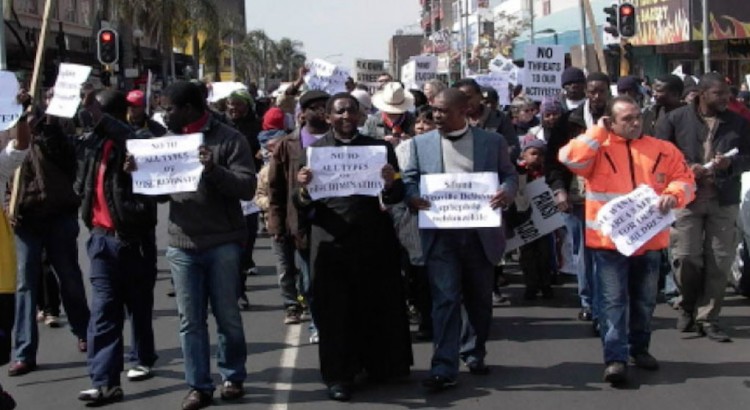Article by Claire Bénit-Gbaffou in the International Journal of Urban and Regional Studies, 38(5), 1807-1832 available here.
Abstract:
Apart from local monographs and normative texts on community participation, research on community leadership constitutes a blind spot in urban leadership, urban politics, social movements and urban studies. This article, based on case studies in post‐apartheid Johannesburg, contributes to theorizing community leadership, or informal local political leadership, by exploring Bourdieu’s concepts of ‘political capital’ and ‘double dealings’. Considering community leaders as brokers between local residents and various institutions (in South Africa, the state and the party), we examine how leaders construct their political legitimacy, both towards ‘the bottom’ (building and maintaining their constituencies), and towards ‘the top’ (seeking and sustaining recognition from fractions of the party and the state). These legitimation processes are often in tension, pulling community leaders in contradictory directions, usefully understood under Bourdieu’s concept of ‘double dealings’. Community leaders are required, more than formally elected political leaders, to constantly reassert their legitimacy in multiple local public arenas due to the informal nature of their mandate and the high level of political competition between them — with destructive consequences for local polity but also the potential for increased accountability to their followers. We finally reflect on the relevance of this theoretical framework, inspired by Bourdieu, beyond South African urban politics.



